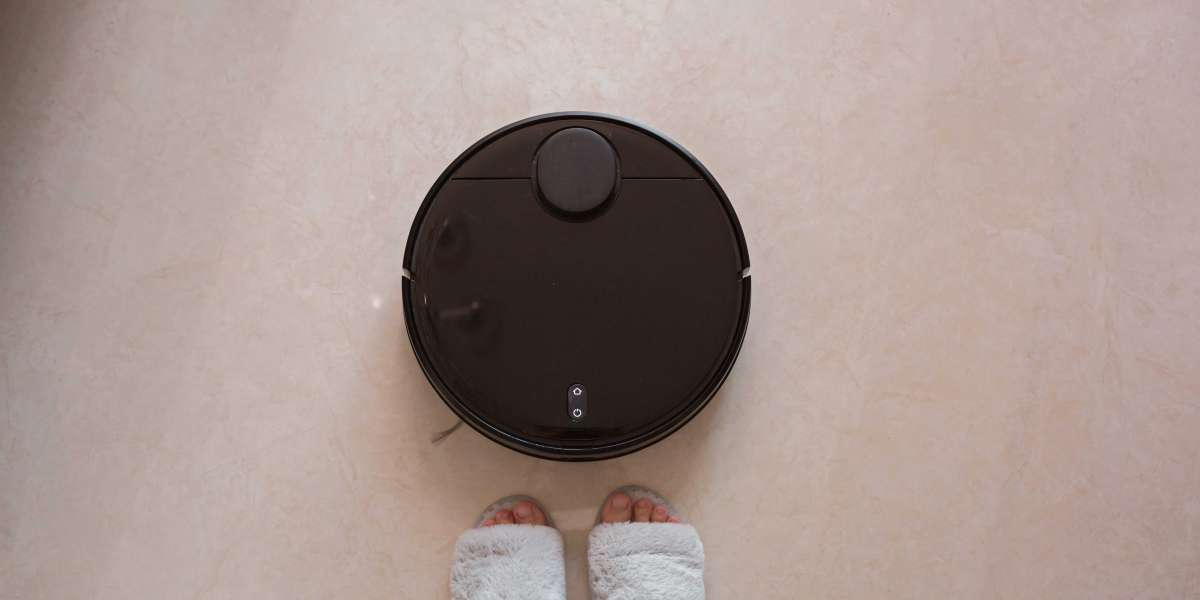A private psychiatrist assessment may be able to help you if you suffer from mental health issues. This type of assessment can provide faster wait times than public services, and it will help you receive the treatment you require.
You will need to bring information about your symptoms as well as your family history and treatment history. The psychiatrist will also need to know about any drugs that you are using, as well as if you have experienced any traumas.
Finding a Psychiatrist
Psychiatrists in private practice are independent of the hospital or clinic setting and may have their own private practices. They may receive payments from insurance companies, however most people pay in cash. In general, they have lower expenses than other healthcare professionals and are able to offer lower rates for their services.
Those who are looking to become a psychiatric in private practice must be board-certified and licensed. They also need to advertise their services and build a practice. They can work with a variety insurers or concentrate on filling their schedule. They can also contact patients directly by posting posters in public places or on the internet.
Many psychiatry specialists have different areas of expertise, like child and adolescent psychotherapy or the geriatric psychiatry. They also offer a wider range of services, such as psychotherapy and medication management. Some psychiatrists specialize in specific medical conditions, like schizophrenia or bipolar disorder. Some psychiatrists choose to work with specific populations, such as seniors and veterans.
After finding a suitable psychiatrist, patients will be required to schedule an appointment. The initial appointment usually lasts between 1-1.5 hours. The psychiatrist will observe and ask questions about the patient's past. The psychiatrist will then come up with an assessment based on all the information they've gathered. In the initial evaluation the psychiatrist will examine how the issue has affected the patient's life and suggest possible treatment options.
After the initial appointment, patients will have to keep seeing their psychiatrist regularly to maintain their mental well-being. This will often involve prescription medications or psychological therapy, such as psychoanalysis or cognitive behavior therapy. It could also involve family therapy or group therapy. In some cases psychiatrists may be required to provide patient information to other healthcare professionals to ensure that patients receive a comprehensive treatment.
Hospitals that are part of the safety net can offer psychiatric treatments to patients who can't afford it. These hospitals typically charge a sliding scale based on the patient's income. Additionally, federally certified health centers, which are often referred to as community health centres are able to provide low-cost or free psychiatric care.
Scheduling an Appointment
Private psychiatrist assessments are usually cheaper than a face-toface appointment with a specialist in mental health. It is crucial to review the specifics of your insurance policy before scheduling an appointment. Your copay or deductible might not cover any services that aren't deemed "medically required" by your insurance company. Psychiatrists that accept medical insurance will list their fees on their websites or call the number. They are also known as "out-of-network providers." Based on your insurance plan you may be required to pay a portion of the total cost in advance.
In your initial consultation the psychiatrist will review your medical history and will ask about your symptoms. They may also inquire about your family or relationships in order to determine how they affect your mood. These questions may feel intrusive, but they are essential for a clear diagnosis. They might also inquire about your use of alcohol or other drugs.
The psychiatrist will decide at end of the first session whether or not the doctor will prescribe medication. If they decide to prescribe medication, they will contact you GP and make arrangements for you to receive the prescription from them. They can also refer you to a therapist for you if you require therapy.
You can arrange follow-up sessions with your psychiatrist. Usually these sessions last for half an hour. However, if they recommend therapy sessions, these will be longer in duration. In some cases you may also need to attend group therapy sessions.
Psychiatrists prescribe medications to treat a wide range of conditions such as depression, anxiety and eating disorders. They can also treat bipolar disorder, ADHD and psychotic disorders such as schizophrenia. If you're prescribed medication, you must follow the instructions for taking it and that you keep your appointments.
You can locate a psychiatrist via an online service, like Doctor on Demand. The service provides a wide selection of psychiatrists who have different backgrounds and specialties. Appointments cost $299 for an initial consultation and $129 for the subsequent sessions. Psychiatrists that work for the online service can also submit your insurance claims on behalf of you, which is a nice convenience.
During the Assessment
A private psychiatrist appointment is more in-depth and focused than a typical consultation. The appointment is scheduled for about 90 minutes, and the psychiatrist will ask you questions to better understand the nature of your symptoms and their impact on your daily routine. They will ask you a range of questions regarding your personal background, medical history within your family, as well as previous treatments for mental health issues.
It may seem intrusive or invasive It's important to answer all questions honestly. This will enable your doctor to give you an accurate diagnosis based on your needs. They will also most likely ask about any traumatic or stressful events you've experienced in your life, and how they affect you. They'll also want to know about the use of medication and any issues with substance abuse you've experienced.
In addition to the information you provide them They will likely arrange for blood tests and other medical examinations. They may call your GP to arrange these for you through the NHS or recommend you pay privately for them. If they believe it's essential, they could refer you to an expert in mental health or psychologist to further investigate and treatment.
Psychological assessments are typically conducted by psychiatrists, but they are also performed by nurses and psychologists. However, it is best to seek out a psychiatrist since they specialize in treating mental health issues and you can be sure that they are trained and qualified.
Avoid drinking or using drugs before your assessment because they can impact your judgement and cognitive abilities. It is also crucial to get enough rest and take healthy breaks to ensure your body is well-rested. This will make you feel more relaxed and will help you have a better assessment experience.
After your psychiatric evaluation Your psychiatrist will collaborate with you to develop a treatment plan that is effective for you. You might need to attend regular appointments, or only do a few follow-ups.
After the Assessment
A private psychiatrist assessment may be beneficial if you have been suffering from a mental illness, such as ADHD or an anxiety disorder. However, there are a few things to consider before you schedule an appointment. For one, you'll need to get a referral from your doctor to see an expert. This is essential, especially if you plan to use your insurance coverage. If you don't have private insurance, you may also want to look into community mental healthcare services in your area.
The psychiatrist will take into consideration your current symptoms and your past treatment history when you are scheduled for a psychiatric examination. You will be asked to describe what happened, as well as any traumatic events. They will also ask you about your family's history in order to better understand any conditions that run through your family.
You'll likely be asked to take various psychiatric tests as well. They will differ based on the circumstances, but could include blood and urine tests to determine your levels of hormones, vitamins, and electrolytes. These tests can help the psychiatrist determine the cause of your symptoms. They'll also determine if you've had a prior history of substance abuse or if you're taking any medications.
During the interview, the psychiatrist will listen carefully to what you say and observe your body language. This is the most important part of the process, since it helps them understand your mental state and decide the type of evaluation you require. If the psychiatric examination suggests that you require further treatment, a therapist may be recommended.
 If you're suffering from a mental health issue, you can contact Dr Adrian Winbow or Prof Tony Hale at Iam Psychiatry for a private mental health assessment. You'll be able to make an appointment at a time that is convenient for you. You will receive a thorough report of your session likely to include a diagnosis, and the appropriate recommendations. The service will send an electronic copy of your report to your GP. This is a comprehensive service that focuses on rapid and high-quality results.
If you're suffering from a mental health issue, you can contact Dr Adrian Winbow or Prof Tony Hale at Iam Psychiatry for a private mental health assessment. You'll be able to make an appointment at a time that is convenient for you. You will receive a thorough report of your session likely to include a diagnosis, and the appropriate recommendations. The service will send an electronic copy of your report to your GP. This is a comprehensive service that focuses on rapid and high-quality results.







